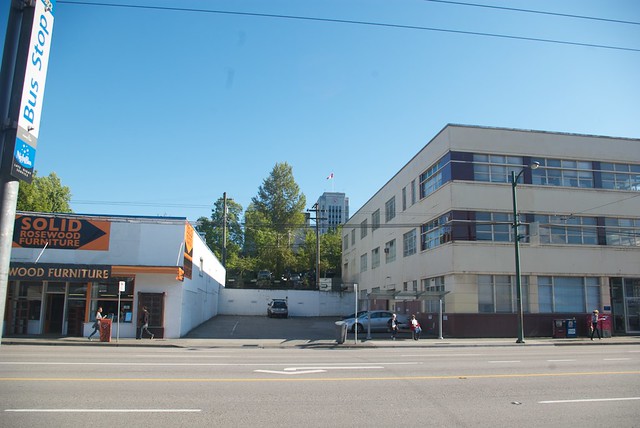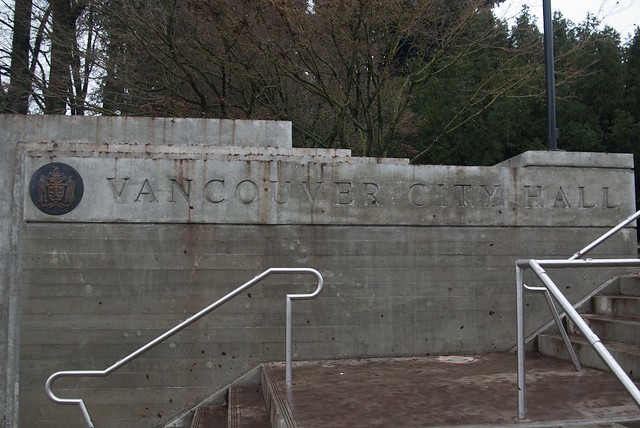
Here Andrew Witt and Sean Antrim of The Mainlander interview Sandy Garossino, who is running as an independent candidate for Vancouver City Council this November 19.
Andrew Witt: You launched your campaign in the Georgia Straight attacking the affordability crisis in Vancouver. At the Mount Pleasant all-candidates, every candidate from every political party gave lip-service to this issue. I think that everyone recognizes that there is an affordability crisis in the city. In 2008, Vision Vancouver was elected on a platform that would address housing, homelessness and the affordability crisis, but we all know they have done little to tackle the problem. How will you address this issue, and what distinguishes your platform from that of Vision Vancouver?
Sandy Garossino: Almost everyone that I have heard discuss this sees the affordability issue. I’m talking here about broadening this beyond homelessness and subsidized housing, but also market housing for the average working person. Almost everyone who talks about this, talks about it in the simple supply and demand equation, and their point is to increase supply. Because I deal with Asia, I understand capital markets in Asia, and I have dealings there, this seems to me to completely miss the true nature of the issue and the challenge that we confront. Just to give you a little bit of a background, our median income levels in Metro Vancouver place 20 out of 28 urban regions in Canada. Our median income levels for 2010 were below Sudbury, Windsor and St. John’s Newfoundland. We have the highest real estate prices in Canada, relative to median income. We have almost the highest real estate in the world. Relative to median income, we are 56% higher than New York City and 31% higher than London, so there’s clearly a serious distortion in the market. One of the first challenges we have is we don’t have the data. We don’t have information that can pin-point exactly what is going on and the extent to which capital is entering, and the extent to which that capital is non-resident, and how much that is affecting the market. We need to know a lot more than we do. But based on anecdotal information, which is turning out to be corroborated in news reports, it looks like global capital is having a massive impact.


